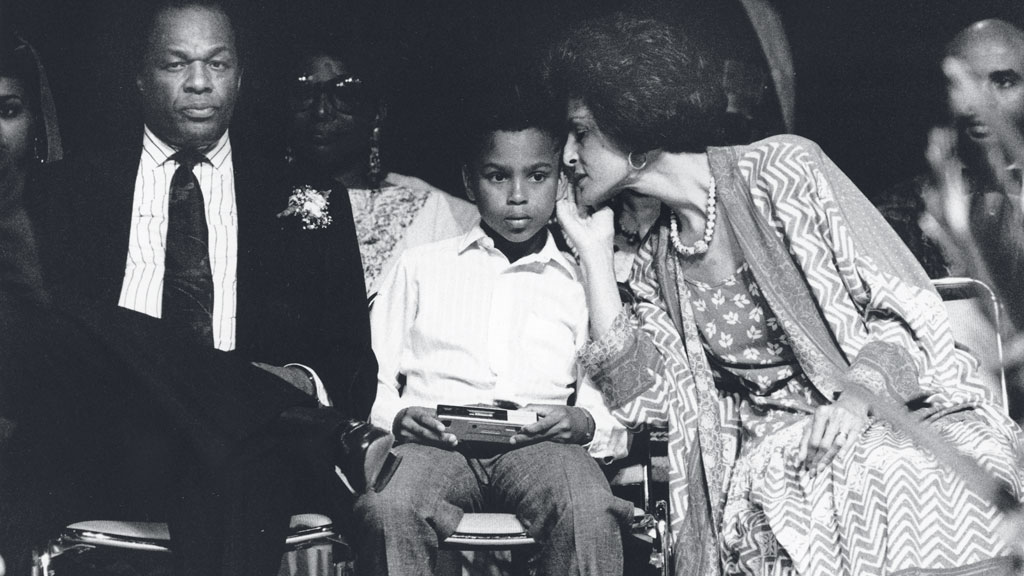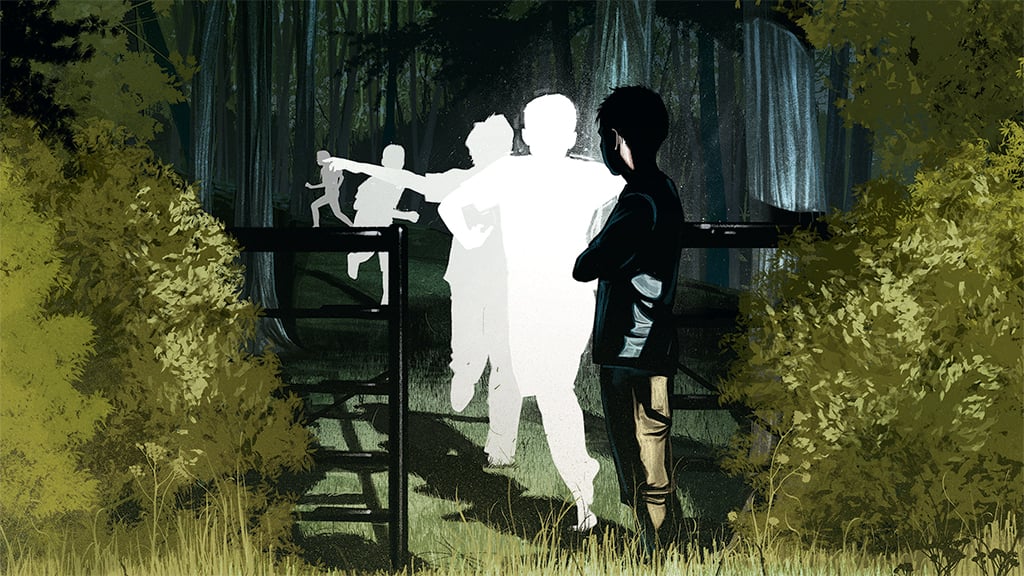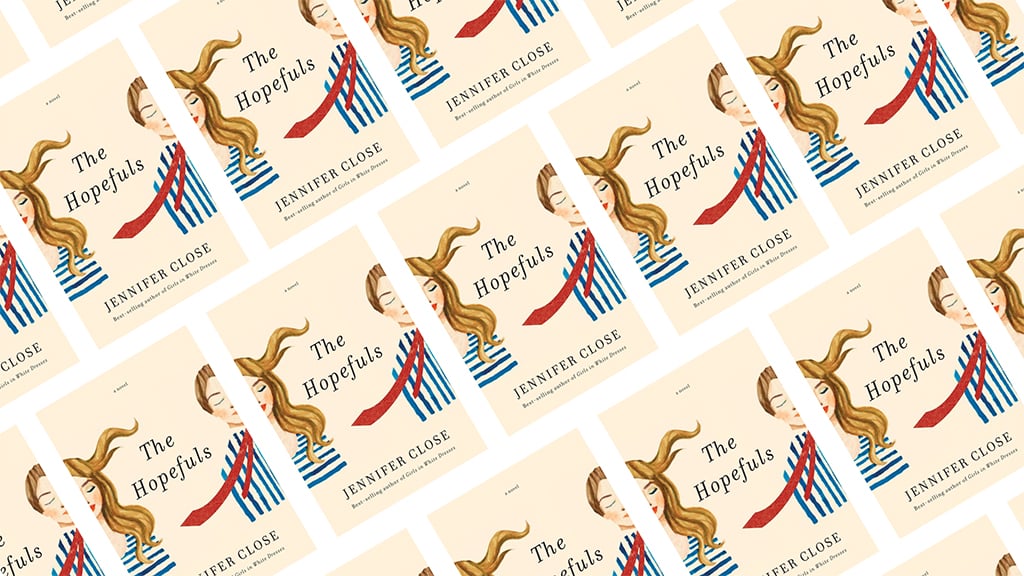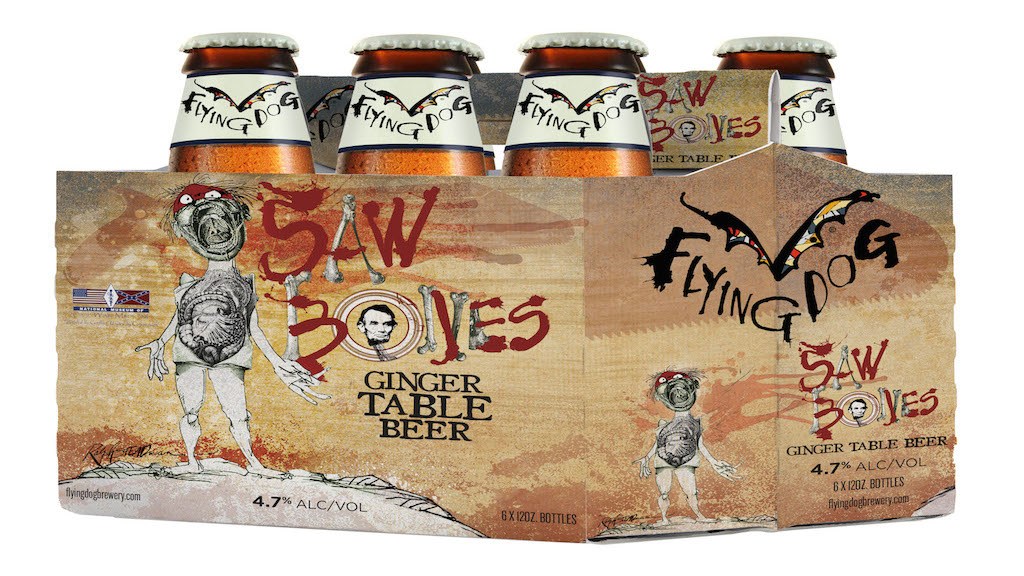This collection of hundreds of stories of passion, jealousy, love, and hate should send chills down the spine. Unfortunately, it doesn’t.
Rothman, a University of Alabama history professor, tells tale after tale of interracial sex in Virginia, seemingly to no other end than to prove it occurred. After outlining in painstaking detail liaisons between blacks and whites, he draws wishy-washy conclusions.
One anecdote “demonstrates . . . how difficult it could be sometimes . . . to sort out the truth and to determine with precision the interpersonal dynamics or the course of events.” A transition between two groups of examples reads: “If the importance of the racial element to adultery was unclear in the divorce petitions of men, it was even more so in the petitions of women.”
Rothman is most interesting when he focuses on the color line itself. From 1785 until well after the Civil War, anyone with one-fourth African ancestry was considered mulatto. In this racial climate, the court could declare one biracial family “white persons, although remotely descended from a coloured woman” because they associated with whites and had been accepted as such by their community. Years later, intensified racial anxieties culminated in the “one-drop rule” of Virginia’s Racial Integrity Act of 1924—that a person with any African ancestry qualified as a black person under the law.
In discussing the movement from one-fourth to one drop, Rothman demonstrates how blackness and whiteness are artificial constructs. The rest of the book fails to transcend these constructs in its fixation on interracial sex. The result is dull and unenlightening reading.
Author:
Joshua D. Rothman
Publisher:
University of North Carolina Press
Price:
$$19.95


















